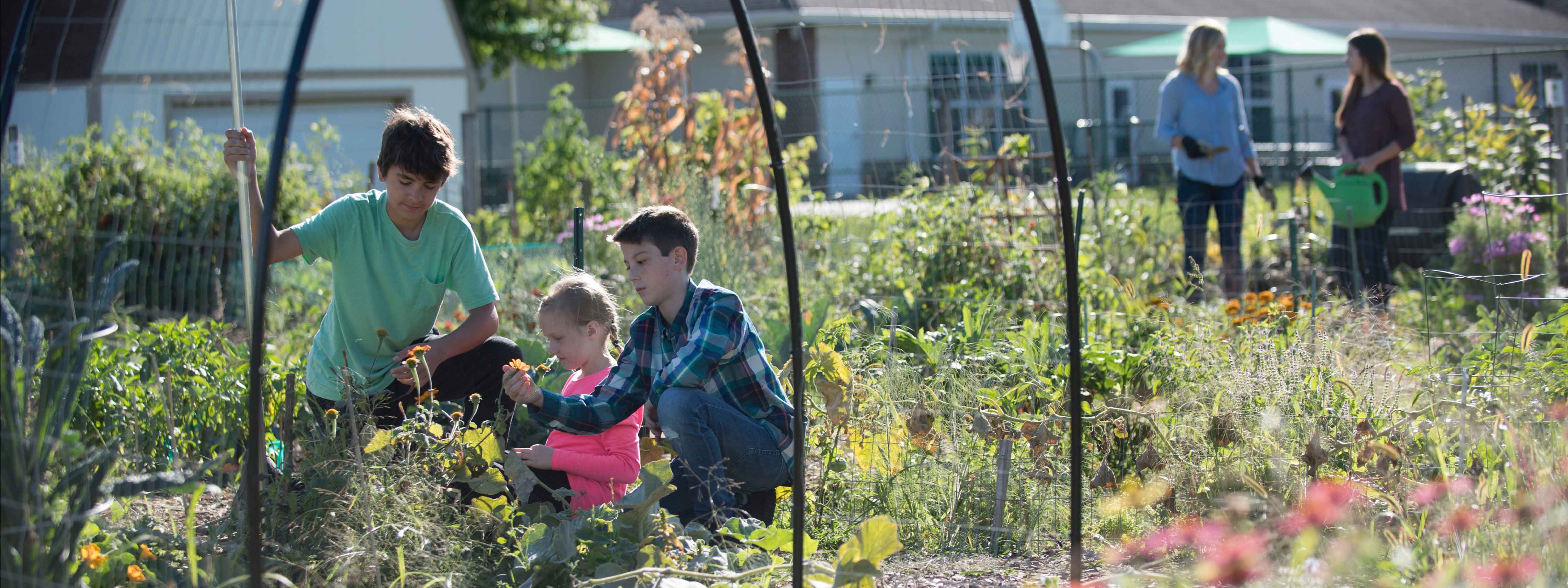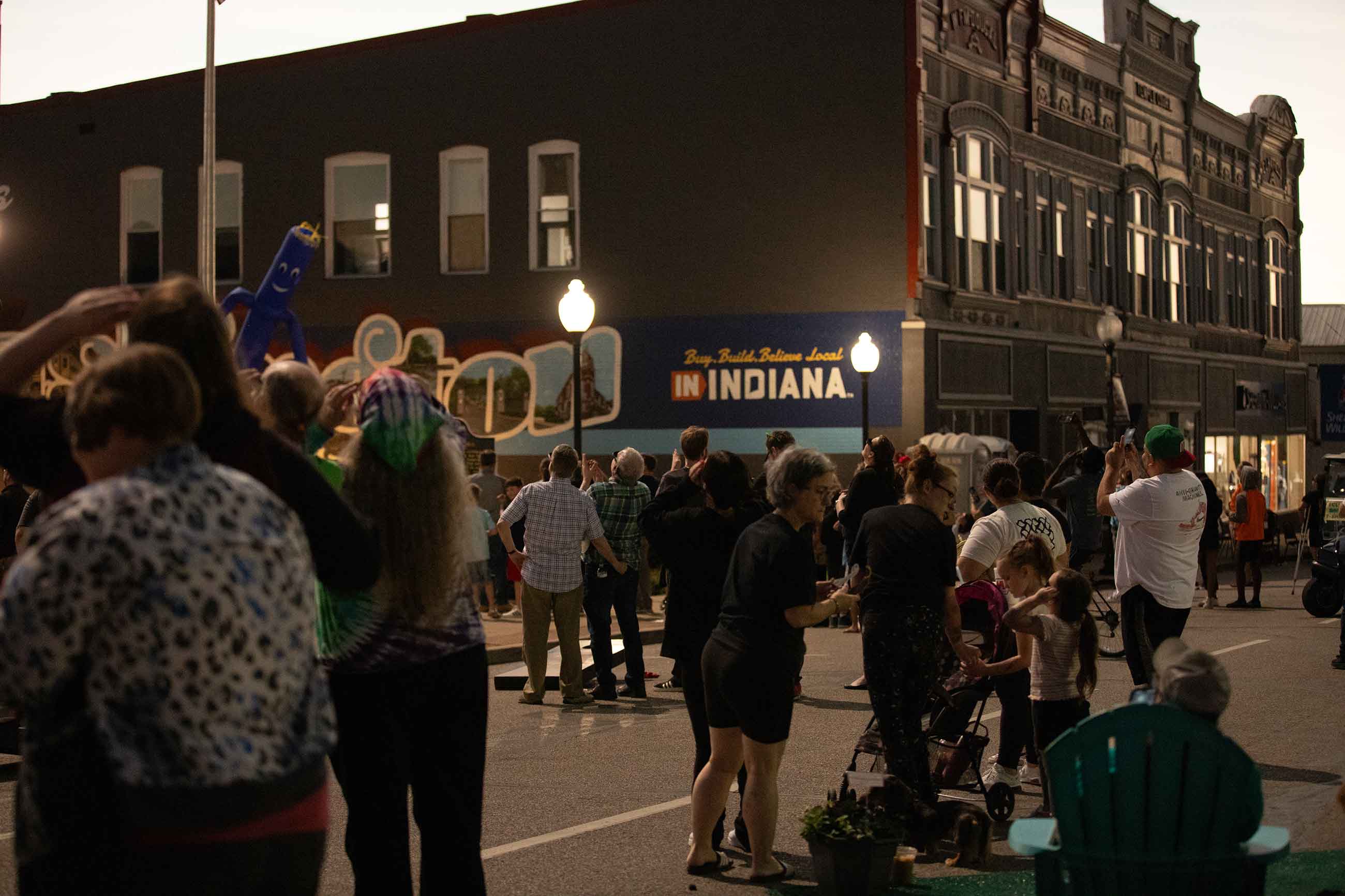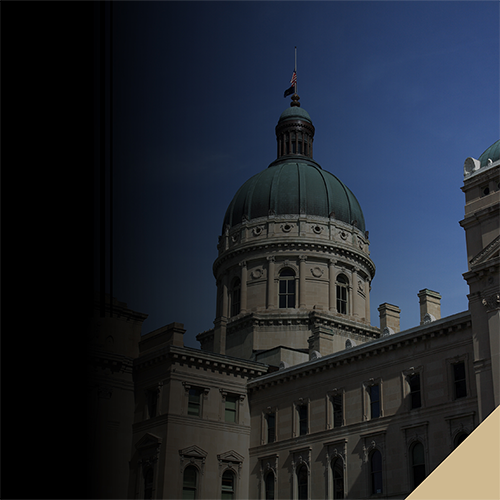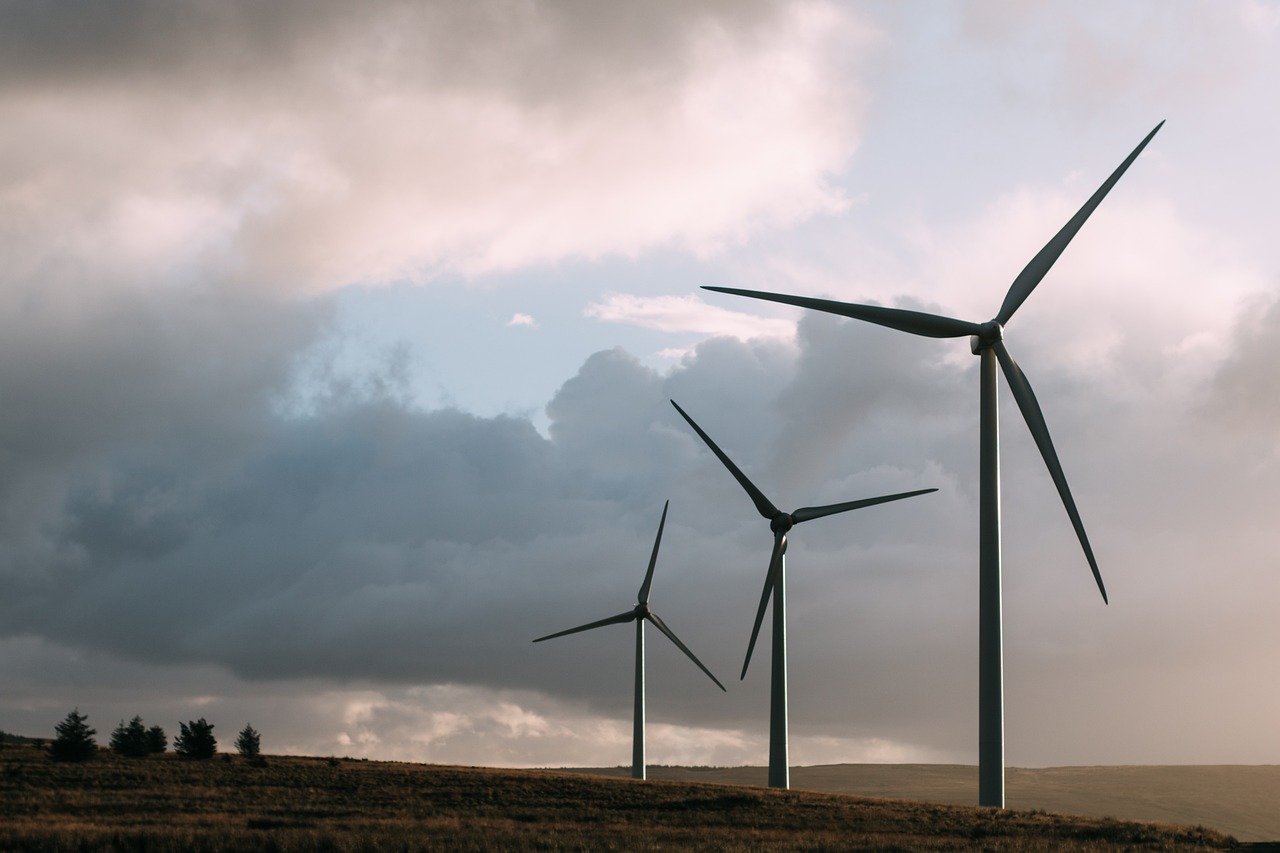Gallardo’s Broadband Study Cited
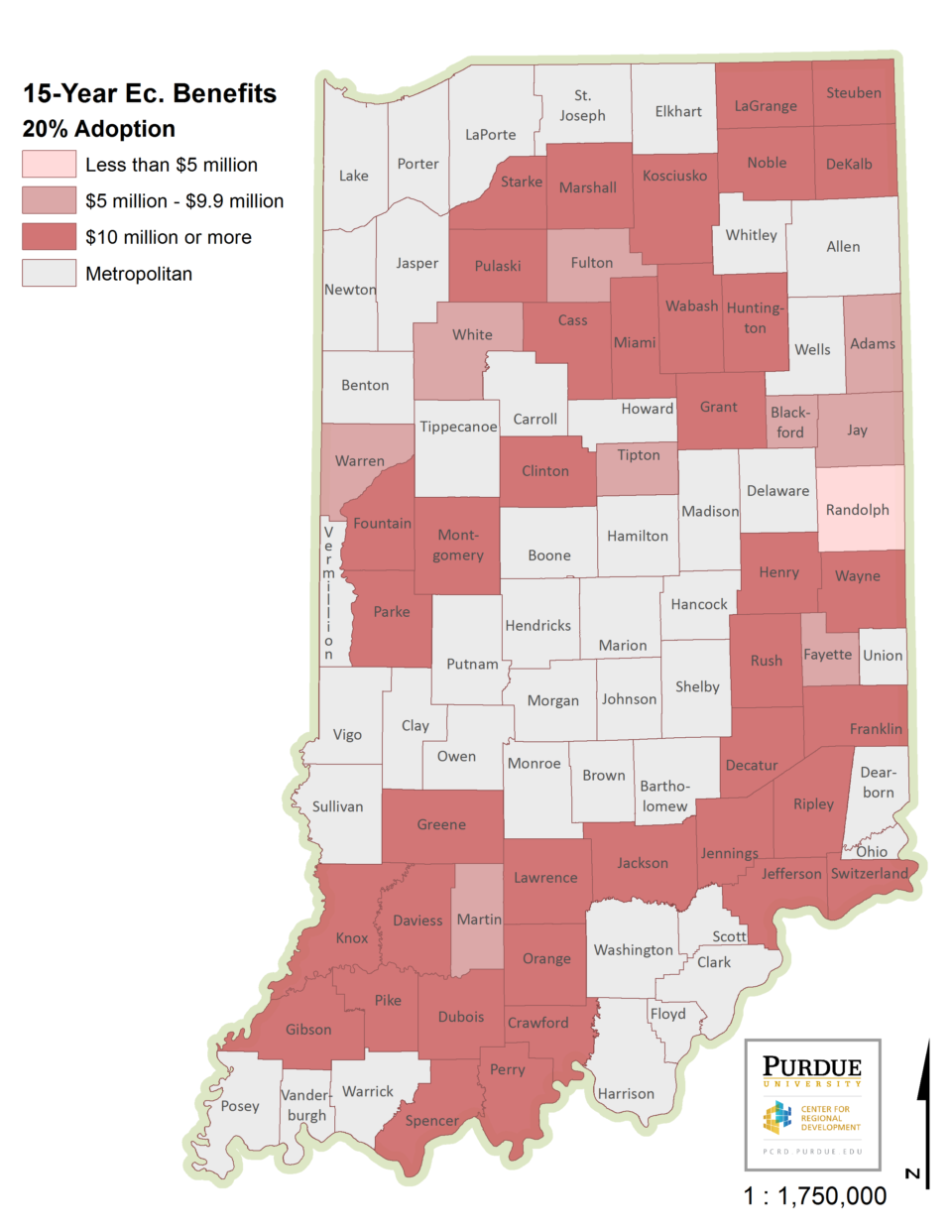
In a globally connected world, access to the internet can link people to a variety of resources that can be of value in their daily living, such as information on health, education, finances and more. Yet, according to an article recently published in Daily Yonder, about 31 million people (or about 10 percent of the U.S. population) have no access to broadband with 25 Mbps download and 3 Mbps upload capability (25/3 for short). However, where you live matters. While less than 6 percent of metropolitan residents have no access to 25/3 internet services, the number swells to nearly 35 percent among nonmetropolitan residents. These statistics are what prompted Roberto Gallardo and Mark Rembert to examine the economic benefits of having broadband available to metro and nonmetro households.
According to the study, the long-term economic benefits of providing broadband access to every rural community would far outweigh the infrastructure costs. Given that access does not necessarily translate into adoption, the researchers examined benefits at various rates of household broadband adoption. In addition, Gallardo and Rembert examined the economic benefits of broadband at an annual rate and over the course of a 15-year time span. Benefits at both the 20 percent and 100 percent adoption rate levels are shown in the accompanying table.
What the study reveals is that there are major economic opportunities that can be realized by expanding broadband services to high need areas of Indiana and the United States. For example, if 20 percent of Indiana households currently not served by 25/3 subscribed to this broadband service if available, the economic benefits over 15 years would be around $1.5 billion. Gallardo and Rembert further explain these findings in their article published in the Daily Yonder.
Roberto Gallardo (pronounced GaYardo) is Assistant Director and Community and Regional Economics Specialist at the Purdue Center for Regional Development. He holds an engineering degree, a master’s in economic development, and a Ph.D. in Public Policy and Administration. Gallardo has worked with rural communities over the past 13 years conducting local and regional community economic development, including use of technology for development.
He has authored more than 70 articles, including peer-reviewed and news outlets regarding rural trends, socioeconomic analysis, industrial clusters, the digital divide and broadband applications. He is also the author of the book “Responsive Countryside: The Digital Age & Rural Communities,” which highlights a 21st century community development model that helps rural communities transition to, plan for and prosper in the digital age. Dr. Gallardo is a TEDx speaker and his work has been featured in a WIRED magazine article, a MIC.com documentary, and a RFDTV documentary.
Gallardo may be reached at robertog@purdue.edu or 765-494-3525.
